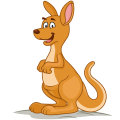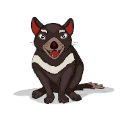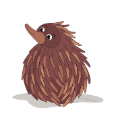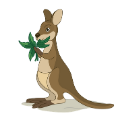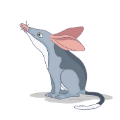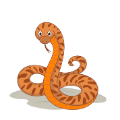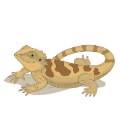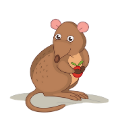Freedom from hunger and thirst
All pigs must have access to clean water and a well-balanced, nutritious diet. Freedom from hunger and thirst provides pigs with their most basic needs by allowing them to remain in good health and full of energy.
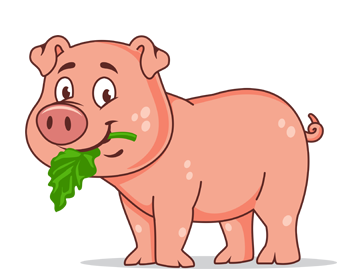
Did you know that there is a special law protecting animals?
This law is called the Animal Welfare Act. The Animal Welfare Act says that animals in your care must be provided with an environment and care that meets their five welfare needs. These welfare needs are five important conditions that animals need to be healthy and happy. These five welfare needs are called the five freedoms.
One of these Freedoms is: freedom from hunger and thirst. In this section, you will learn about this freedom and how you can make sure your pig has what he/she needs to be freed from hunger and thirst.

















